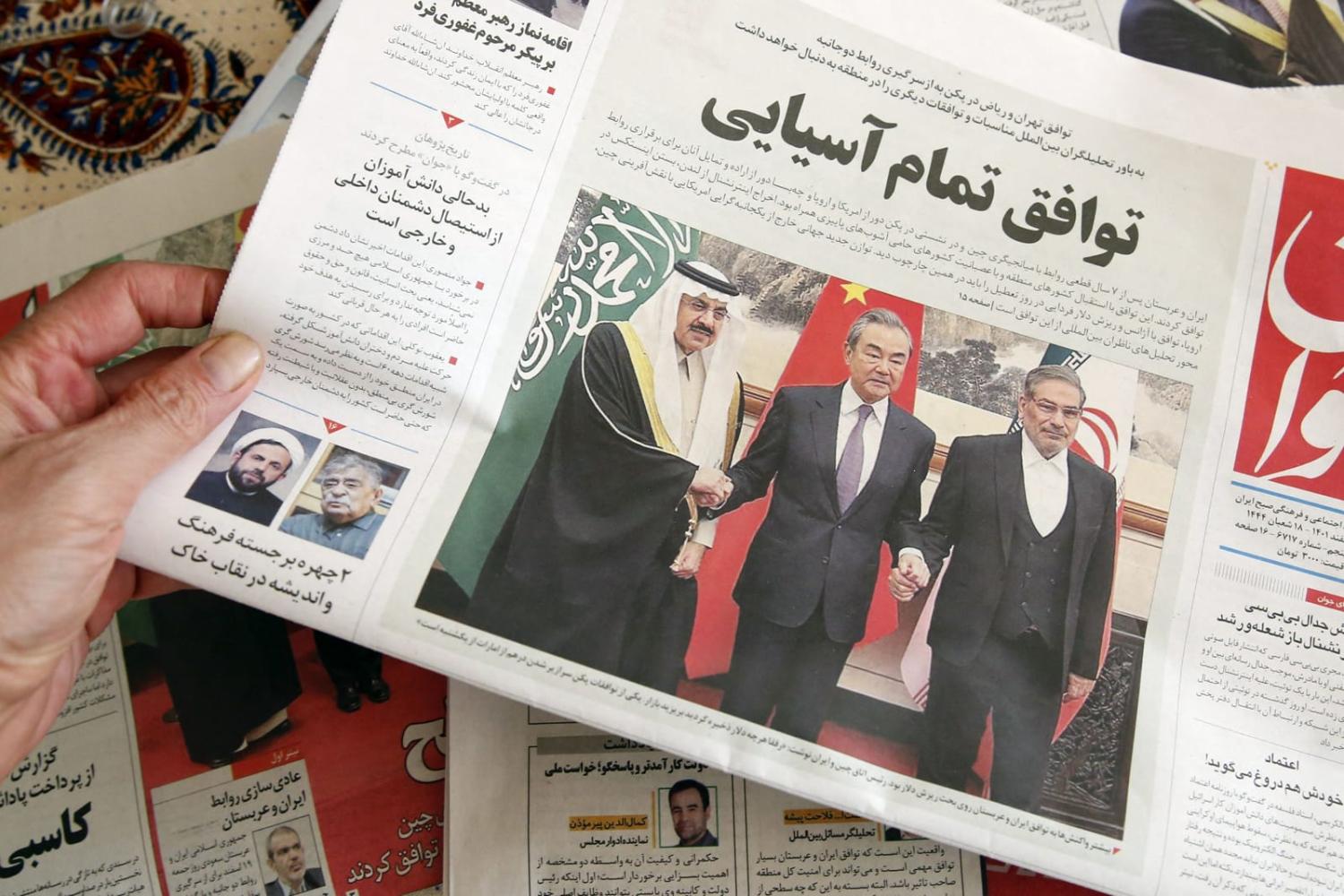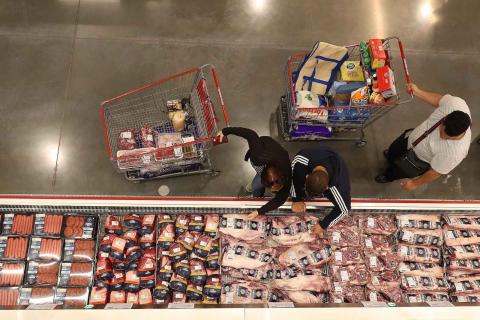China’s brokering of a Saudi Arabia-Iran peace deal was presented earlier this month as a diplomatic blockbuster, a sign of the country’s growing influence in the oil-rich Middle East where the United States has been a dominant player for decades.
Much credit, however, must also go to Pakistan. Riven by economic turmoil at home against a bid for a $6 billion international bail-out, still struggling after devastating floods last year, and caught in the midst of a political storm following the ouster of the former prime minister Imran Khan, it was still Pakistan that prepared the stage for China to play a mediator role for a breakthrough between the two arch rivals – Saudi Arabia and Iran.
Under the terms of the deal announced on 10 March, Tehran and Riyadh agreed to restore relations after seven years of hostility. The execution of a Shi'ite Muslim cleric by Riyadh triggered protests in Iran in 2016. Saudi Arabia broke off ties with Iran after its embassy was stormed by Iranian protesters in Tehran in the days following.
After the deal this month, Pakistan’s Foreign Office claimed a facilitating role in holding the dialogue between Saudi Arabia and Iran. While commending China’s visionary leadership in coordinating this breakthrough, Foreign Office spokesperson Mumtaz Zahra Baloch pointed to a first meeting between the Saudi and Iranian foreign ministers on the sidelines of an Organisation of Islamic Cooperation meeting last year in Islamabad. “But we do not wish to take away credit from China,” said Zahra Baloch, “and congratulate them for their successful diplomatic efforts”.
But was this just a case of success having many parents? Why highlight a Pakistani role at all?
The story goes back to March last year and the OIC gathering in Islamabad. China’s Foreign Minister Wang Yi was invited by Pakistan as a “guest of honour”. Wang's address to the conference was an opportunity rarely afforded to a top diplomat from a non-member country.
Coming soon after Saudi Arabia and Pakistan had managed to patch up their own strained relations in 2021, Islamabad became a road to China for Saudi Arabia, the kingdom that leads the 57-member Islamic bloc. Islamabad served to bring Muslim countries closer to China as it seeks to expand its influence in the Middle East.
So perhaps Pakistan felt stung after Saudi Arabia and Iran shook hands in Beijing. In the China-Iran-Saudi Arabia triangle, each player is on the winning side.
For Iran, the deal serves as a shield against the US policy of isolating Tehran and comes amid the faltering negotiations to revive the 2015 nuclear deal between Iran, the United States and other members. For Saudi Arabia, this deal provides a “China card” to play, with Riyadh now seeking help from Washington to develop a civilian nuclear program in exchange for normalising relations with Israel, leading some analysts to reportedly conclude that the deal was “evidence that Saudi Arabia had lost trust in the United States as a defender of its security”. For an ambitious China, it is a win-win situation, as it exercises a new-found influence in the oil-rich region.
Meantime, Pakistan, despite its important role, was left with nothing in hand. Islamabad might have waited for applause from Beijing for its role in the Saudi-Iran peace deal, so felt the need to highlight its contribution after China kept silent. After all, Pakistan is also at pains to remind China the two countries stand as “all-weather strategic cooperative partners”.

